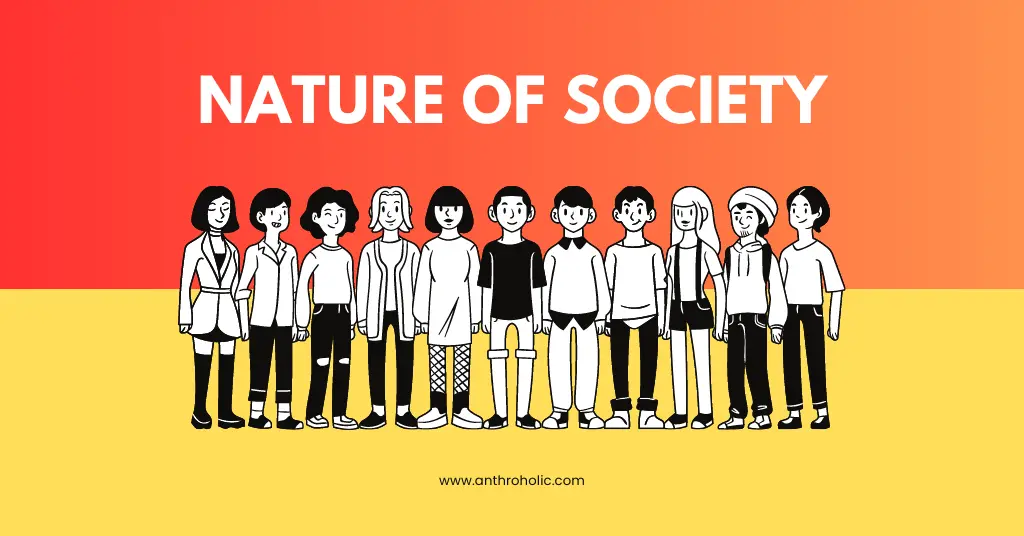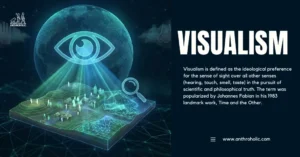AI Answer Evaluation Platform Live Now. Try Free Answer Evaluation Now
Nature of Society
Society is a complex network of interactions, institutions, and relationships that govern human behavior. It is ever-evolving and influenced by a multitude of factors, ranging from culture and power dynamics to individual choices and actions. Understanding the nature of society is essential for academics, policymakers, and individuals alike, as it provides valuable insights into human behavior and guides decision-making processes.

Defining Society
Society can be defined as a group of individuals who share a common culture, occupy a specific geographic territory, and interact with one another to form a cohesive unit. It is characterized by the following elements:
- Shared culture
- Common territory
- Social interaction
- Collective identity
The Role of Social Structure
A. Social Institutions
Social institutions are the organized systems and structures that shape social behavior and facilitate the functioning of society. They help maintain social order and provide a framework for individuals to interact within. Key social institutions include:
- Family
- Education
- Economy
- Religion
- Government
B. Social Groups
Social groups are collections of individuals who share a common identity, interact regularly, and have a sense of belonging. They play a crucial role in defining an individual’s position within society and influencing their behavior. Examples of social groups include:
- Primary groups: Family, close friends
- Secondary groups: Work colleagues, classmates
- Reference groups: Groups individuals aspire to join or identify with
The Impact of Culture
A. Language and Symbols
Language and symbols are essential components of culture, as they enable communication and the transmission of ideas. They shape our perceptions and understanding of the world, influencing how we interact with others and navigate social situations. Some examples include:
- Spoken and written language
- Gestures and non-verbal communication
- Symbols, signs, and emblems
B. Norms and Values
Norms and values are the shared beliefs and expectations that govern social behavior. They provide a framework for understanding what is considered acceptable or unacceptable within a society. Examples of norms and values include:
- Mores: Strongly held beliefs about right and wrong
- Folkways: Informal rules and customs
- Laws: Formal rules enforced by the state
Power Dynamics within Society
A. Authority and Control
Authority and control are crucial aspects of power dynamics within society. They determine who has the ability to make decisions, allocate resources, and influence others. Key forms of authority include:
- Traditional authority: Based on customs and traditions
- Charismatic authority: Derived from the personal appeal of a leader
- Legal-rational authority: Based on formal rules and regulations
B. Social Stratification
Social stratification refers to the hierarchical arrangement of individuals within society based on factors such as wealth, power, and social status. It is an inherent feature of society that influences access to resources, opportunities, and life outcomes. Common forms of social stratification include:
- Economic inequality: Differences in income and wealth
- Social class: Hierarchical divisions based on economic and social factors
- Caste systems: A rigid form of social stratification based on birth and hereditary factors
- Status groups: Groups differentiated by prestige, lifestyle, and social honor
Conclusion
The nature of society is a complex interplay of social structures, culture, and power dynamics. Through the examination of social institutions, groups, cultural elements, and power relationships, we can better understand the intricacies of human interaction and the factors that shape our societies. By acknowledging the importance of these aspects, we can work towards creating a more inclusive, equitable, and harmonious society for all.



